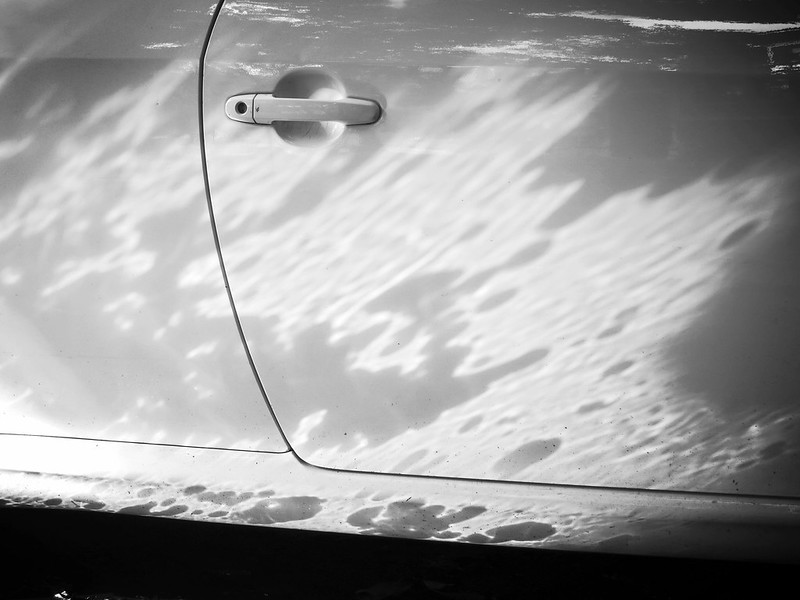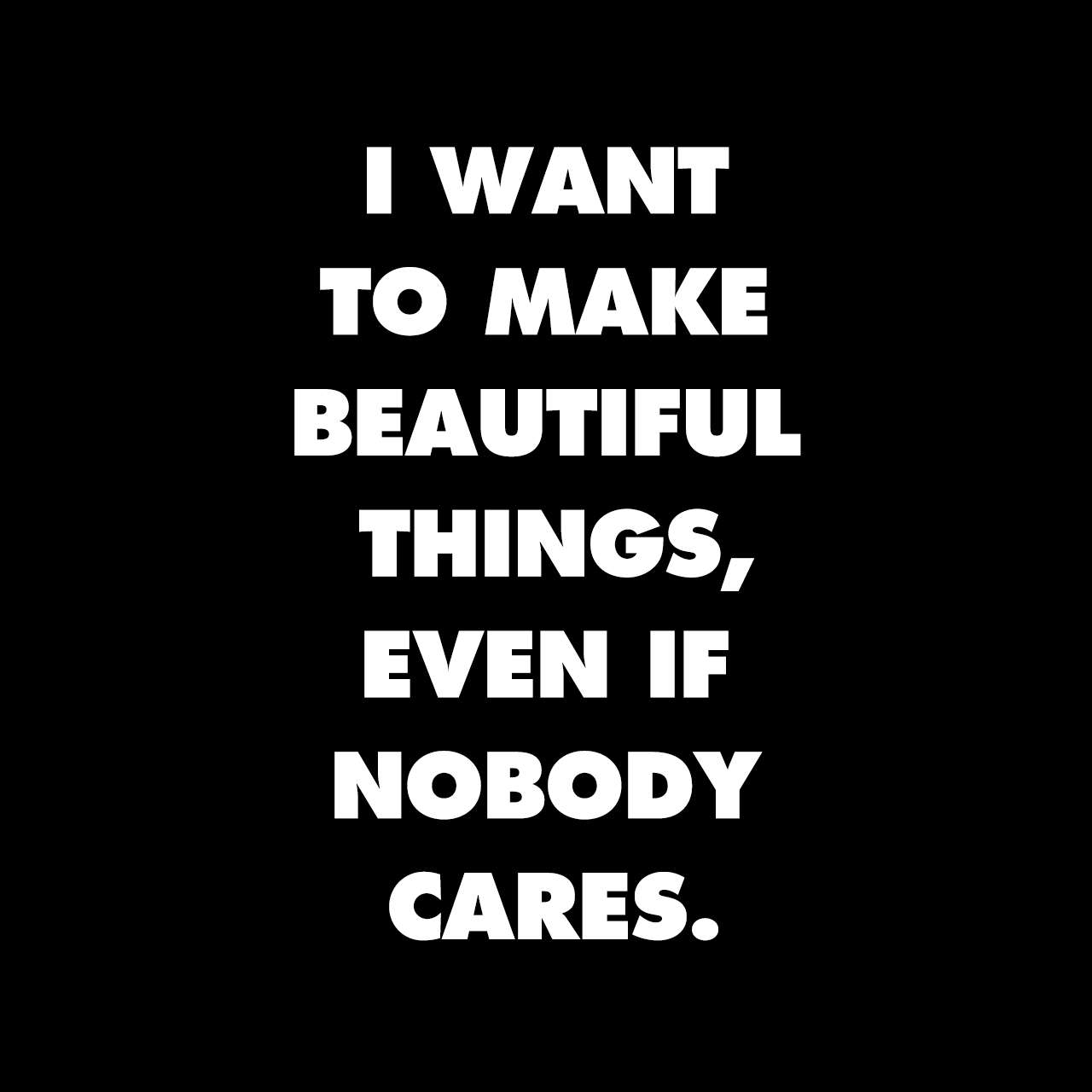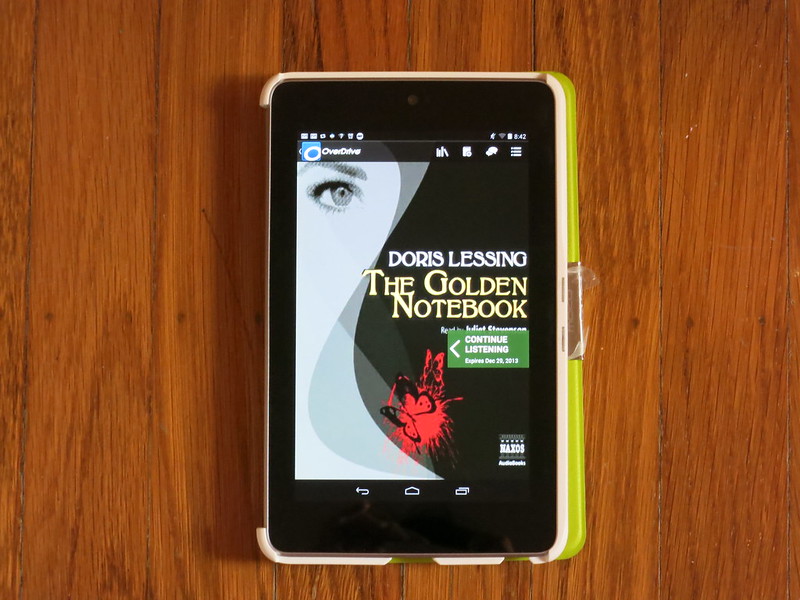
I have a friend, a good friend, who I consider mainstream in her tastes. She only watches romantic comedies and reads chicklit or romance novels, a lot of them by Danielle Steel. She can deviate from her preferences - we've had deep discussions about Game of Thrones, which is not a romance by any stretch of the imagination - and she can discuss football like a man. However, she knows what she likes and isn't tempted by anything else. This is how I have traditionally perceived the notion of having a book "type." But, what if this is too simple?
I've been thinking about "types" a lot recently, starting from
this post, where I rambled about how following the main character was ruining the experience of the book for me. There was nothing wrong with the book itself, but the crucial choice of main character didn't work for me. I didn't like him. What I have come to realize is that one of the most useless bits of feedback you can receive is "I didn't like it," with no explanation. So I decided to delve.
According to my own diagnosis, I don't discriminate across genres: sci-fi (don't gravitate towards it, but won't turn it away if it looks good); mystery (great sense of plot); romance (emotionally engaging and complex; funny); books about family (a look into someone else's life you would otherwise not get); etc. However, if you've been around the literary block a few times, there are certain types characters who, if sketched broadly enough, will be familiar to you. You've seen this type before, and when you encounter them again, you get a sense of déjà vu.
In a book I read recently, I recognized a type of character, let's call him the "T" type, as someone I had read before, over the course of a number of other novels. My reaction to T was visceral: I couldn't stand him. It was borderline irrational. When I see T again, I hate him even more. Why?
Here is my definition of the T type character: a spectator in his own life, he reacts rather than takes action, he is constantly victimized, his defining feature is that he is sensitive and/or delicate, the plot progresses as a series of personal tragedies, and most importantly, he does not grow or change, he simply survives. This, in general, is the story of T.
To be really specific, here is why I don't like the T type narrator: he suffers constantly, and to be around him means that you get to suffer too. Suffering isn't bad, it's an opportunity to grow, develop, and overcome, and then the journey of the novel is worth it. For a good example of this, see
Life After Life. However, and this is key, T does not grow, does not overcome. Things happen. T stays the same, all the way to the end, and I beside him, suffer. T lets people take advantage of him. I feel miserable. Then he does it again.
Through the haze of misery that being with T created, it occurred to me that while I don't have a specific type of literary genre that I prefer, I have a character type, or an anti-type that I avoid like the plague, because it guarantees a miserable experience. Sometimes, people like knowing that the focus of the story is a romance, or a mystery, but for the General Fiction category, the stories that do not fall effortlessly into categories, it might be a specific character type that holds or destroys your interest. This is my working theory.
What are some other character types? I'm going to throw out a few generalizations: the flighty female, the methodical scientist, the bland everyman or everywoman or girl-next-door.* I could go on. When looking at your audience, the pattern into their heart may not necessarily be by approaching through specific genres, but by specific Character Types. You can be known not for your Thrillers, but for your character type, a type you vary a little bit each time, across genres, across countries, across space and time. But the character remains true.
*Not to be confused with the Playboy Playmate reality show.




















